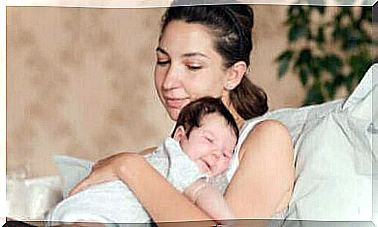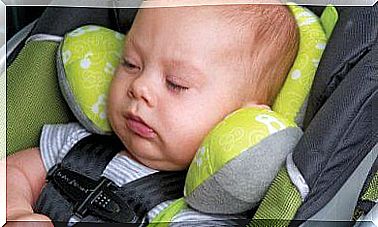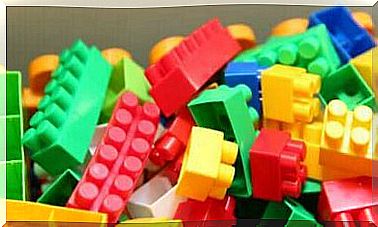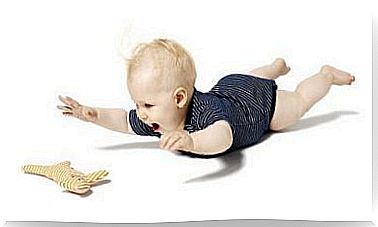7 Tips To Avoid Resorting To Punishment And Reward

Children need accurate instructions when they are young. Specialists advise not to resort to punishment and reward.
Children respond better to other methods that develop their cognitive abilities.
It is all too common to tell children when they are doing something wrong. We always go to punishment, to deter bad behavior.
At the same time, when our little ones are well behaved or doing the right thing, it is natural to want to reward them. That’s the way we raise our children.
It works to some degree, but there may be better methods. Below, we will explore some alternatives to the typical carrot approach.

How do we avoid resorting to punishment and reward?
No parent goes after raising their children through punishment and reward. But many parents end up doing it.
This is normal, common and understandable. After all, children do not come with instructions for use.
Depending on the type of punishment, there must be no negative consequences for the child in the long run. And how could a reward do any harm though?
In fact, some psychological theories explain that over-dependence on the carrot approach may end up reinforcing exactly the behavior that we do not want.
Positive reinforcements are not completely discouraged as they can be very effective.
What can go wrong, though, is the way we reward our children. If a reward is something that is always available, children will not notice it.
The punishment also depends on how we use it. Discipline can be counterproductive if it is too harsh or inconsistent.
With this in mind, experts recommend that we move away from punishment and reward and instead help children develop their cognitive development.
To promote this development, there are certain things we can do:
- Avoid surprises, drastic changes or improvisation. Your child’s actions should always lead to the same result.
- Put your kids to the test. Try to get them to compare ideas using concepts they have learned in new situations.
- Teach them to reflect on their actions. Give them space to do this without pressure.
- Take advantage of every moment to ask them questions. Listen to their answers and give them positive feedback.
- If you want to make small changes, do so gradually.
- Adapt your way of thinking to theirs. Do not try to get your child to match your more advanced reasoning.
- Encourage experimentation, trial, error and exploration.
Development of good behavior according to their abilities
If we are able to understand that every child is different and every child learns at their own pace, we can avoid many headaches.
Sometimes what we consider to be bad behavior can simply be part of the children’s development of their own personality. In these cases, it is not always a good idea to punish them.

Correcting bad behavior and giving rewards for good behavior can both be counterproductive.
Experts consider children’s behavior to be relatively stable. That is, they behave according to their age and ability.
Intervention, whether positive or negative, may be unnecessary.
In that sense, the best thing we can do is make children’s brain cells work. Many psychologists believe that children are able to adapt to their environment.
Children can get good habits from their surroundings and those around them. This means that if children create an environment that fits their criteria, they will be able to adapt.
Balanced behavior in children will always depend on at least two factors.
The first of these is the development of their cognitive processes. The second is how they adapt to their surroundings.
With this in mind, parental intervention should be primarily focused on cognitive development, and later on creating an appropriate environment to promote the positive behaviors.









